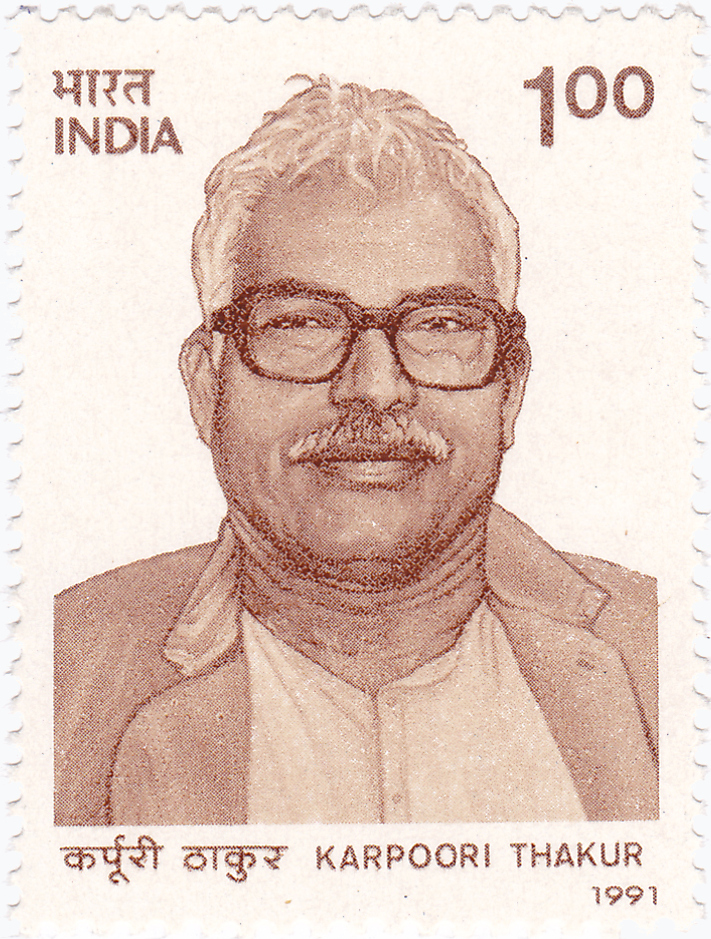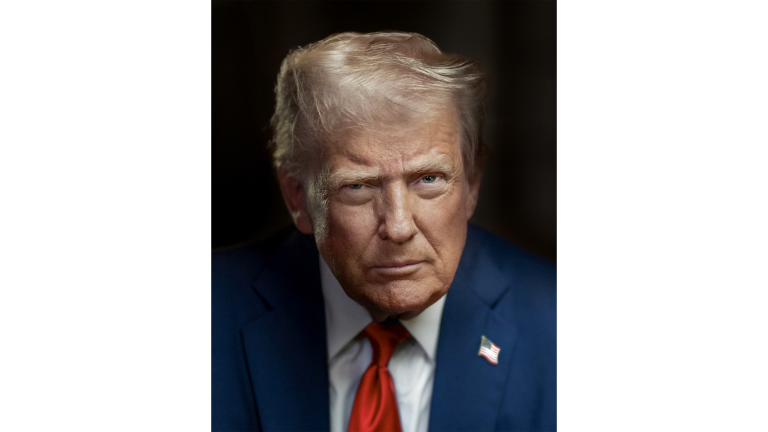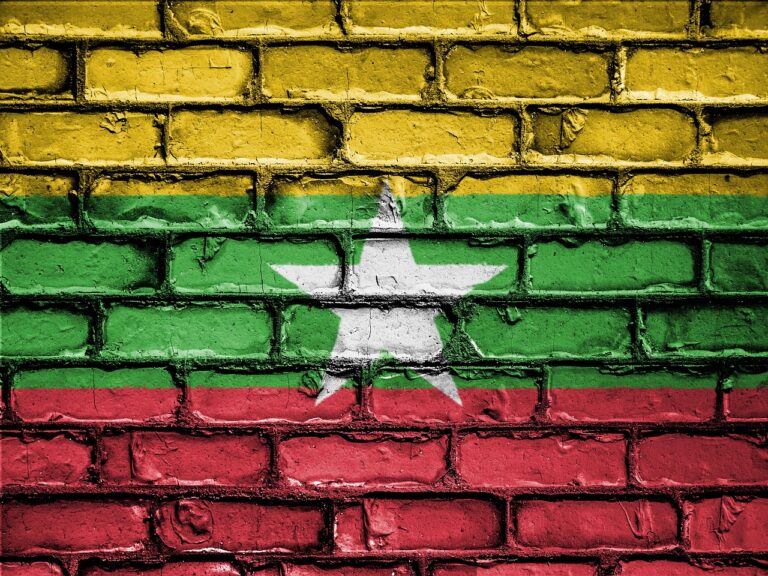
A postal stamp on late Karpoori Thakur
New Delhi: Former Bihar Chief Minister and an eminent socialist leader Karpoori Thakur has posthumously been conferred the country’s topmost award, the Bharat Ratna, almost 36 years after he breathed his last. Tomorrow is his 100th birth anniversary.
“The President has been pleased to award Bharat Ratna to Shri Karpoori Thakur (posthumously),” a Rashtrapati Bhawan communique stated today.
Thakur served as the Chief Minister of Bihar twice, first between December 1970 and June 1971 as the first non-Congress socialist Chief Minister of Bihar, and then between June 1977 and April 1979 as a Janata Party leader.
An influential leader of the backwards, he had to quit midway through the second term of his tenure as Bihar Chief Minister in 1979, when his decision to implement the recommendations of the Mungeri Lal Commission report on reservations for Backward Castes in government jobs created a rift in the Janata Party and the upper caste members of his party. He was replaced by another socialist leader Ram Sundar Das, who although a Dalit, was considered moderate and was more acceptable to the upper caste leaders. During Das’ tenure, the reservation law was weakened and the upper castes obtained a greater percentage of government jobs.
Also read: Caste Census: Nitish’s gamble is fetching results
Karpoori also participated in the Quit India Movement at Mahatma Gandhi’s call and spent 26 months in prison during India’s fight for its freedom from British rule.
Born on January 24, 1924, to Gokul Thakur and Ramdulari Devi at Pitaunjhia (now Karpuri Gram) village in the Samastipur District of the state, Karpoori belonged to the backward Nai (barber) community.
He began his public life as a student leader and joined the All India Students Federation (AISF), the oldest student organisation in India, founded in 1936. After Independence, he took to teaching and taught at his village school. In 1952, he became a member of the Bihar Legislative Assembly from Tajpur constituency as a Socialist Party candidate. In 1970, he undertook a fast unto death for 28 days to promote the cause of Telco labourers.
Thakur was close to the late Jaya Prakash Narayan and was his close associate when Narayan launched the non-violent “Total Revolution” movement and fought against the emergency that was declared by then Prime Minister Indira Gandhi in 1975. Karpoori breathed his last on February 17, 1988.
– global bihari bureau





